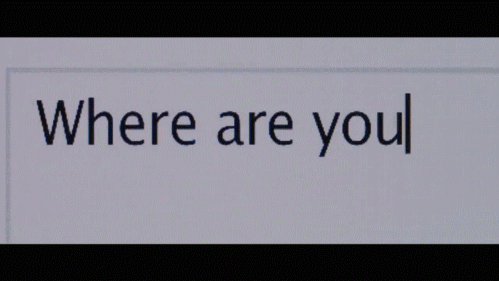Ask.fm and You Shall Receive… Hate?
The social media site, Ask.fm has been at the centre of a major news story because of its connection to the suicides of a few teenagers in the UK, teenagers such as 14-year-old Hannah Smith. The website, where people can be asked questions anonymously, is supposedly prone to online trolls and abusive messages, which have led to these teenagers’ taking their own lives.
The media’s reaction to these deaths has centered on the “vile” nature of such websites like Ask.fm and the supposed lack of protection that is given to teenagers in these harmful situations. However, I believe the media’s spotlight has been shone incorrectly on this particular matter and that there are much more important things to consider.
‘Trolls’ have long been thriving on the internet, and many people have been at the receiving end of their attacks, whether they are personal or superficial. But there is a difference between mocking your favourite singer’s new album campaign and sending death threats to somebody, a distinction which has rightfully been marked by the media.
It is necessary to combat these online ‘trolls’, yet it cannot be the internet’s fault entirely if a teenager is troubled by what they see.
There seems to be a strong, negative cohesion occurring among politicians, the media and the public regarding social platforms like Ask.fm, over its supposed inability to protect teenagers from abusive messages. Yet what they fail to understand is that anyone who uses the website has the ability to step away from it if they feel that they are being bombarded with hateful messages. Users can also turn off the ‘anonymous’ option, so they only receive messages from actual user accounts.
The media seems to be doing its best to accommodate the current generation of teenagers who emote too much of their lives on social media platforms and feel the need to stick to these applications, when they have every right and opportunity to remove themselves from them. It is difficult to speak about this issue without treading on dangerous territory; after all, a few teenagers committed suicide due to it. But the public must understand that there is more to these stories than the one-dimensional attack towards the websites. Yes, they may be lacking some tools in ensuring security for vulnerable teenagers, but if those teenagers voluntarily retain themselves in a position which they do not need to be in, then only so much blame can be put on the websites.
Instead, the media should be focusing their propaganda towards teenagers and their parents and instructing them to view their lives on social media differently.
If more teenagers understood the volatile and violent nature of the online world and were able to be shrewder about what they expose themselves to, then maybe these stories would not have to be published. And if more parents understood what kind of world their children are stepping into, then they could ensure that enough safety precautions are put up within the home to prevent them from being exposed to online hate and abuse – especially if they know that their children may be more sensitive to it.
Despite this, it still seems as though the teenage population will continue to stick to their social media tools. After all, their generation seems to live off it. It’s an unfortunate world, but you cannot expect the internet to be policed for you. It won’t be the end of your life if you close the browser window, but it seems that it could be the end of your life if you don’t.
[divider]
Featured image courtesy of flickr/ quicheisinsane

Comments